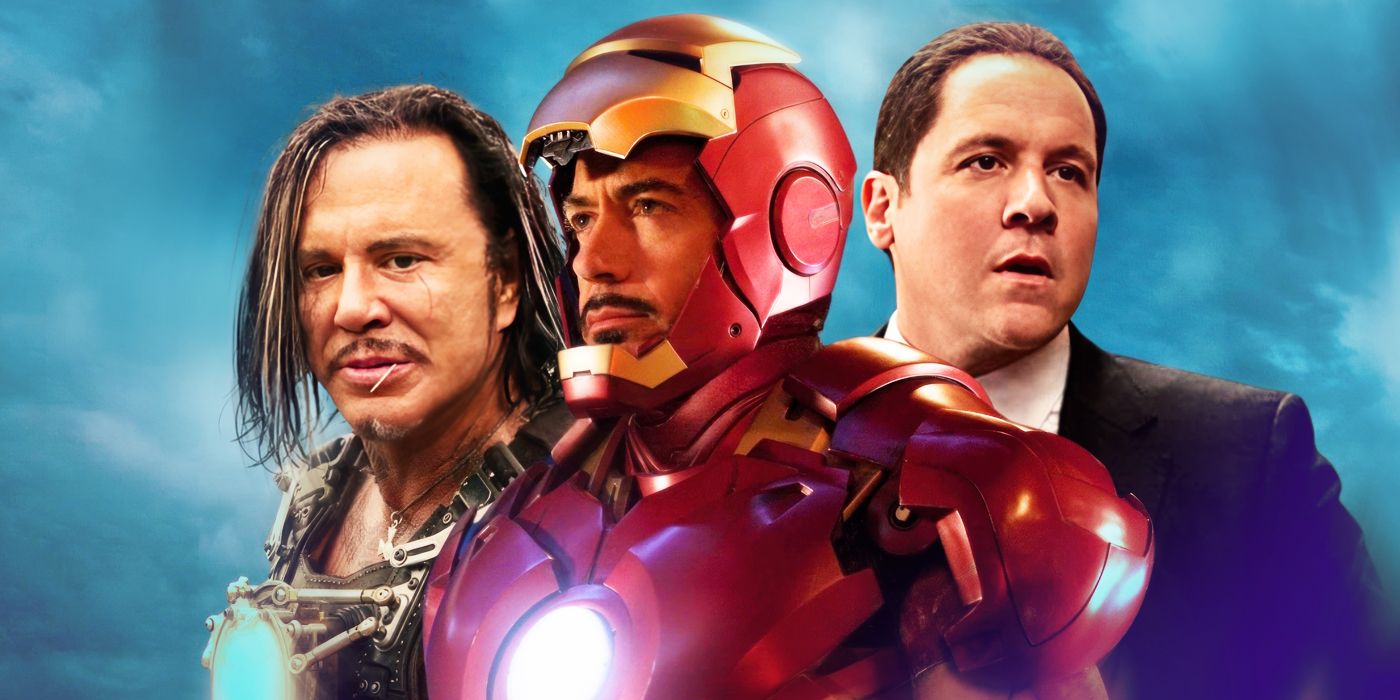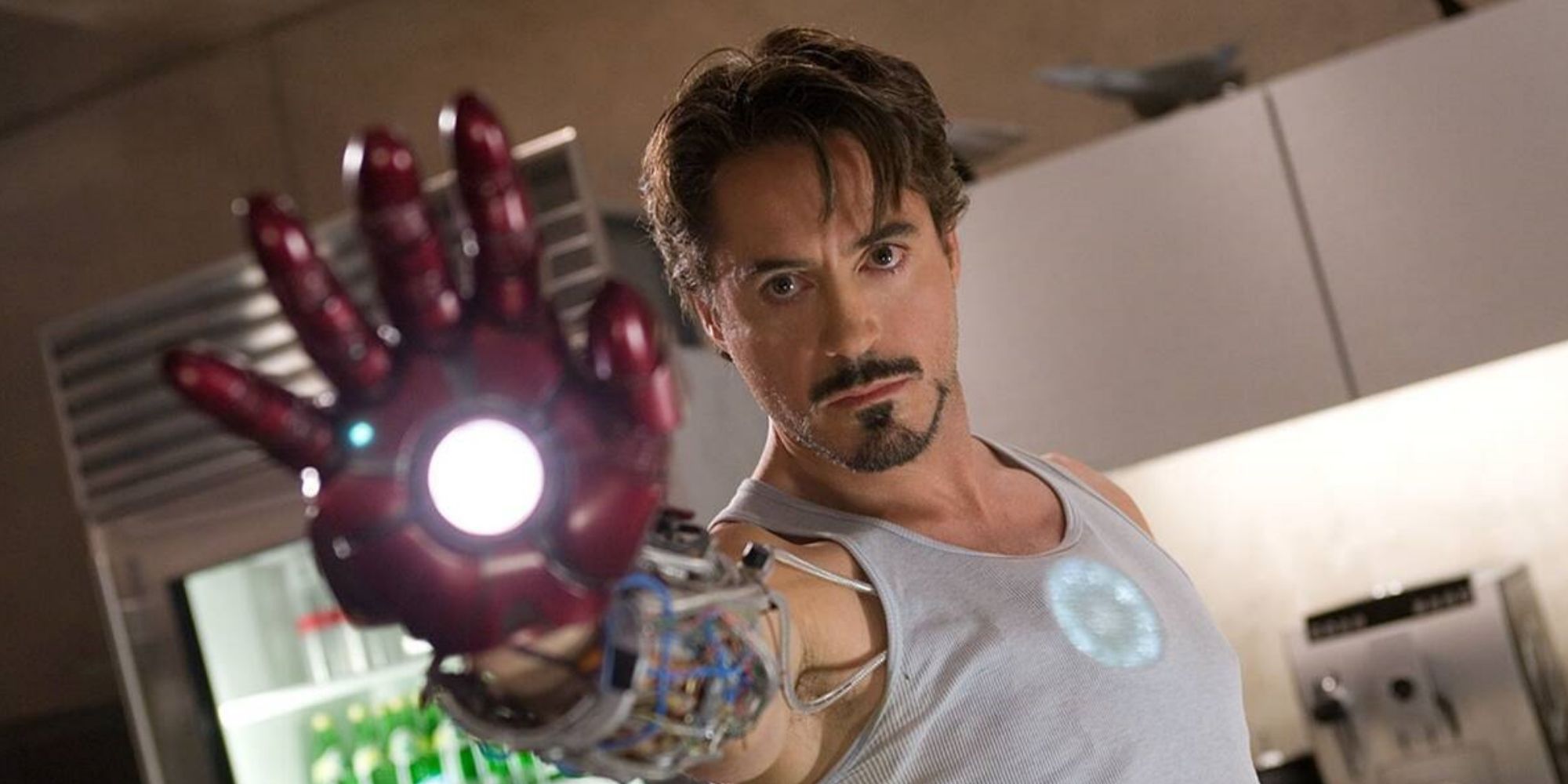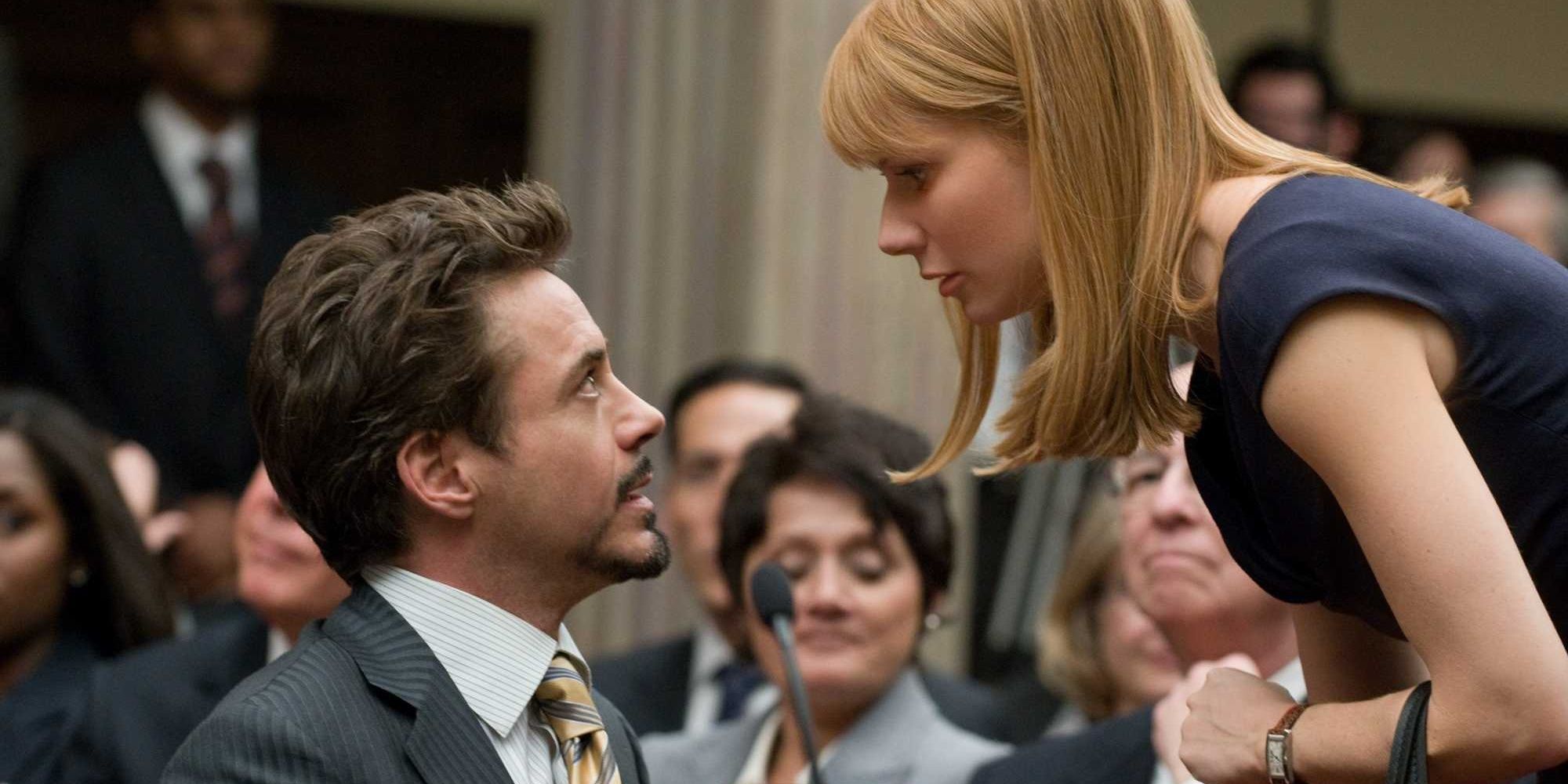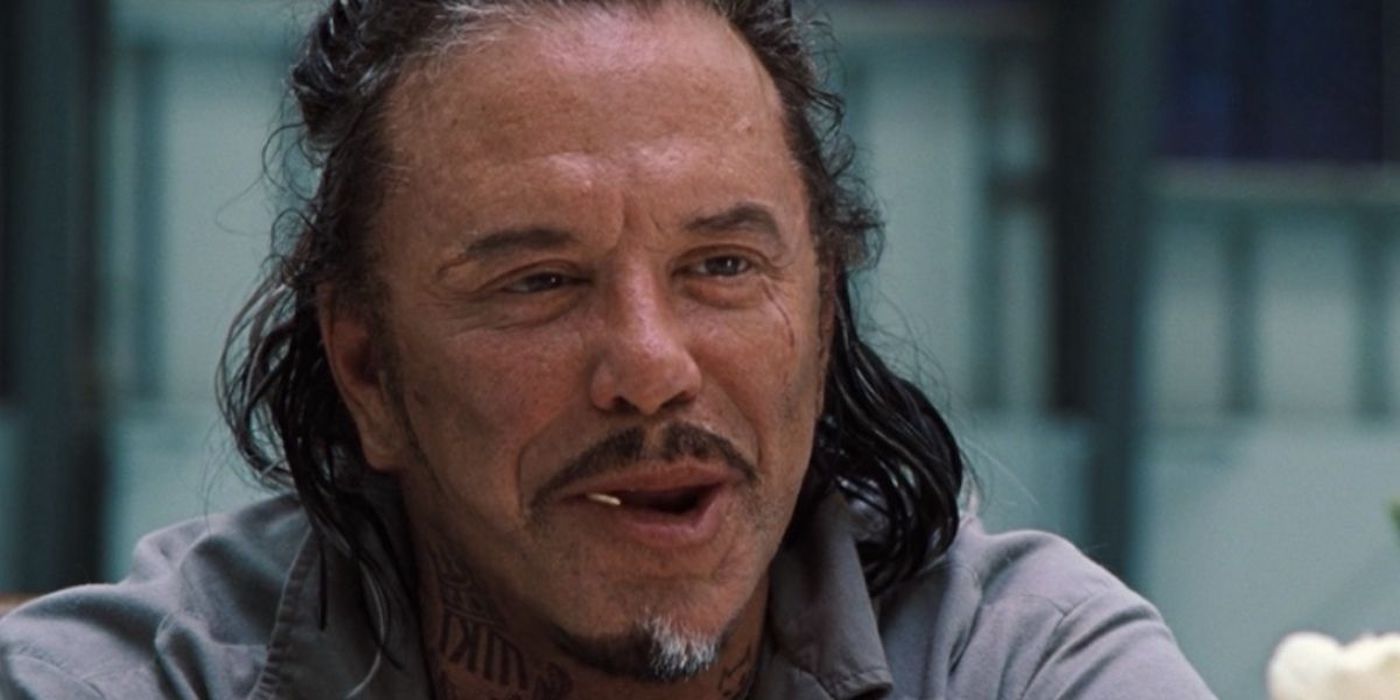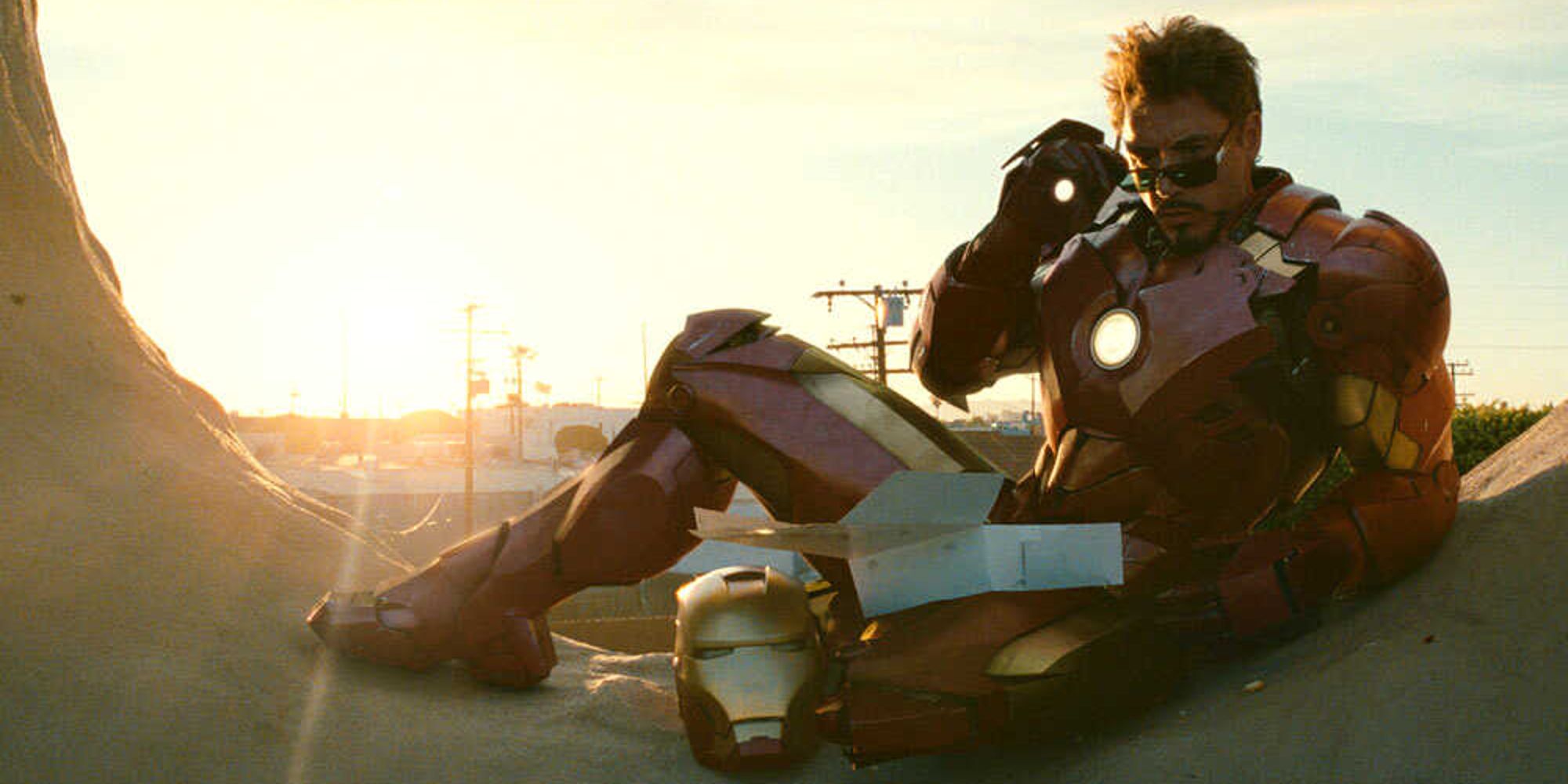The MCU has been such a well-oiled, wildly successful juggernaut for so long it's easy to forget that it could have been derailed before it had barely begun, thanks to 2010's Iron Man 2. Despite its box-office success, the film is widely considered the weakest of the Iron Man trilogy, and one of the weaker entries in the MCU as a whole. And there's a whole world of drama behind the scenes that explains why. It's a tale of unrealistic deadlines, multiple script rewrites, recasting, stress-related health issues, studio interference, and more.
'Iron Man 2' Was a Victim of 'Iron Man's Success
2008's Iron Man was a gamble, with Marvel Studios' fledgling hopes for an extended universe riding on the back of a B-grade Marvel Comics hero. Jon Favreau only had three prior films as director under his belt, and lead actor Robert Downey Jr. was only a few years into rebuilding a career left in shambles by substance abuse. It paid off in spades: the movie took in $585 million worldwide, and Downey was back in the public's good graces, with both Iron Man and Tropic Thunder, released the same year, commercial and critical hits. So successful, it set up the first in a line of issues that would plague the production to the end. Only three days after Iron Man was released, Marvel Studios announced that a sequel was given the green light. Not surprising in the least, but what was surprising was the announcement of a release date, April 30, 2010, a date now less than two years away.
'Iron Man 2' Had to Hit the Ground Running
No script. Only one confirmed returnee in the cast, Downey himself. A condensed schedule in which to complete shooting, editing, and visual effects. The task was so overwhelming that Favreau wouldn't even commit to directing it until July 2008. In filming the first movie, Favreau and Downey had the time to try things out, and improvise scenes to see what worked before moving on to the next. Iron Man 2, on the other hand, changed the dynamic, with set pieces already under construction before shooting even began, forcing actor and director to work within the confines of those pre-determined sets. In turn, it forced them to make scripting and approval decisions at the last minute to build improvised pieces into the film. And then if that wasn't enough, the onus for laying the groundwork for the MCU was placed on the Iron Man 2 creative team, with the studio needing to get the ball rolling on their plans. The constant changes took a physical toll on screenwriter Justin Theroux, who became afflicted with back pain from the stress.
'Iron Man 2' Casting Was a Nightmare
One of the first casting casualties of the film was Terrence Howard, who played James "Rhodey" Rhodes in the first movie. He was actually the highest-paid cast member of Iron Man, surprising given not only the other talent in the film - Downey, Gwyneth Paltrow, even iconic actor Jeff Bridges - but also the screen-time for the supporting role. The reason for Howard not returning depends on the story you ascribe to. Some sources believe that his behavior on the set of Iron Man was "difficult," while others maintain that Favreau and his producers were not happy with Howard's performance, leading to cuts and reshoots of scenes involving his character. A much simpler explanation may have been what actually led to Howard not returning: pay. This film, like its predecessor, had Rhodey in a supporting role, and the studio submitted an offer to the actor's agent that would have put him on par with the other supporting actors. However, that figure was reported as anywhere between 50 to 80% less than what he was paid for Iron Man. Don Cheadle was signed to take over the role, quickly making it his own.
One actor who was successfully cast was Mickey Rourke, himself an actor piecing together a fractured career, leading to his award-winning performance in The Wrestler in 2009. In hindsight, it may have been better is he wasn't. The warning signs were there, with the talented actor unaware of whom the hero even was, let alone the history of the comic book antagonist he would be playing. He met with Feige and Favreau and laid out his demands - really odd demands. He insisted his character should have a samurai bun, speak with a Russian accent, and have a companion bird on his shoulder. His demands, strange as they were, were met, but salary demands were a different story. Rourke balked at the initial offer of $250,000 and only came on when Downey allowed some of his own salary to be cut in order to sweeten the pot. From there, Rourke dove in, researching mob tattoos and Russian prison culture (and a visit to Butyrka Prison in Moscow). Yet, despite the efforts made to bring him in, Rourke entered the production with a lot of ambivalence, a frustrated and demeaning take on director Favreau, and a dismissal of Marvel Studios as a maker of mindless comic-book movies, unwilling to allow Rourke to fashion a more complex, multidimensional villain.
'Iron Man 2' Succeeds In Spite of Itself
The problems didn't end there. The hope to craft a narrative that hewed closer to the "Demon in a Bottle" story arc from the comics was cut back, the favored practical effects were ditched for a heavier CGI presence, and the constant rewrites led to a choppier film. The addition of Scarlett Johansson as Black Widow was a win for the film, but would come to be rightly derided as a hyper-sexualization of the character that took years to reverse. But the movie did what it was asked to do, keep the character in the spotlight while laying the foundation for the MCU, despite being only the second (third, if you count The Incredible Hulk) film of that cinematic world. Whether lessons were learned or not is up for debate. Casting became a higher priority, made easier by actors clamoring to be included, and scripts are thought out significantly better and ahead of time, which is good. But CGI is still often a rushed process, and artistic vision is compromised, with director Sam Raimi best explaining it as directors heading into the MCU are "completing mile 16 of a bridge that had been under construction for 15 years." It's hard to argue with success, though, and the MCU has had the driver's seat at the box-office for years. And that success only came to be realized when Iron Man 2 didn't send the whole thing crashing down.

